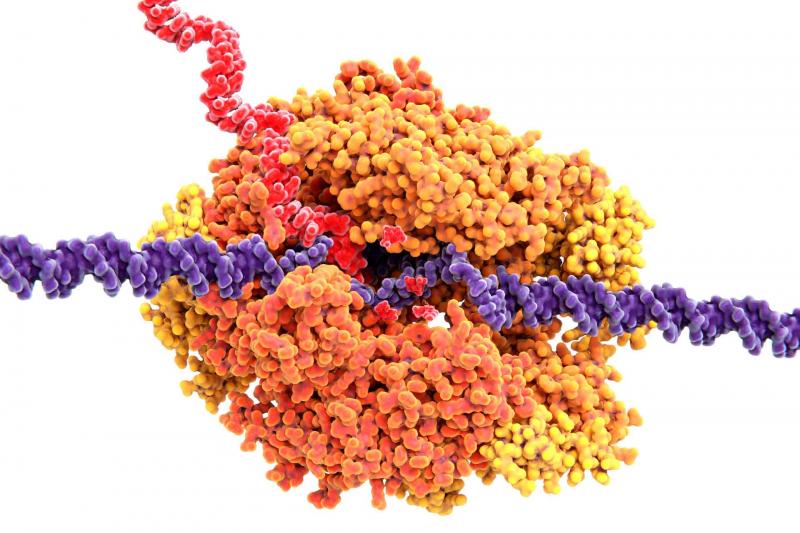Scientists map African swine fever virus genome

Scientists have mapped genes across the entire African swine fever virus genome, a move which could provide new steps in developing vaccines to prevent the deadly disease.
Major African swine fever outbreaks continue to spread across Eastern Europe, Asia and Africa, which in 2019 resulted in the death of nearly seven million pigs.
In the absence of a vaccine or antivirals, the only way to prevent outbreaks is through biosecurity measures.
But in a new study, published in the Journal of Virology, researchers used next generation sequencing to analyse genes expressed by African swine fever virus (ASFV).
From this they created the first complete genetic road map, which reveals the order that different sets of ASFV genes are turned on throughout its infection cycle.
By advancing knowledge of ASFV's fundamental biology, the study provides vital information that will help to progress research into desperately needed disease control methods.
Genes, including those in ASFV, are activated through a process called transcription, the research says.
This is carried out by a molecular machine called RNA polymerase, which serves as ‘gatekeeper’ by ensuring that the information coded in the DNA is expressed at the correct time during infection.
The RNA polymerase finds genes based on specific DNA sequences, or ‘promoters’, that are located before a gene.
The team demonstrated that genes expressed during early infection have different promoters to those expressed later, allowing the virus to shift the pattern of activated genes according to the stage of infection.
Genes used for DNA replication and immune system evasion are switched on early in the infection cycle, whereas those involved in creating proteins for the new virus particles are activated later.
Dr Linda Dixon, Head of the ASFV Group at the Pirbright Institute, said the study helps to untangle which genes are important during different stages of infection to better understand their functions.
"Our data shows ASFV has a complex and mammalian-like method for controlling gene expression, that uses specific promoters to enable RNA polymerase to differentiate between which genes it should express when during viral infection," she said.








